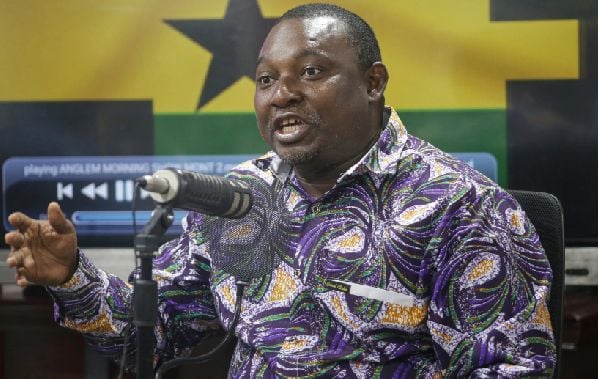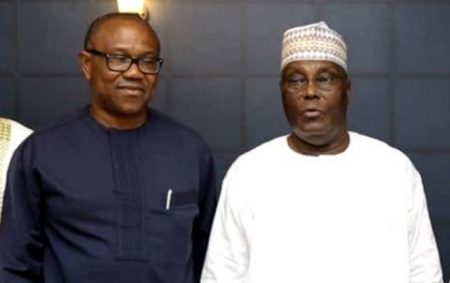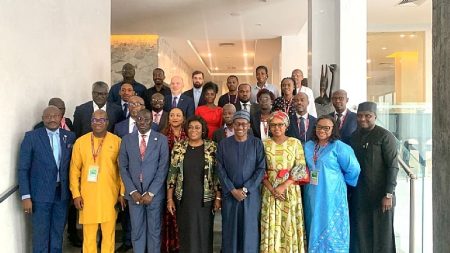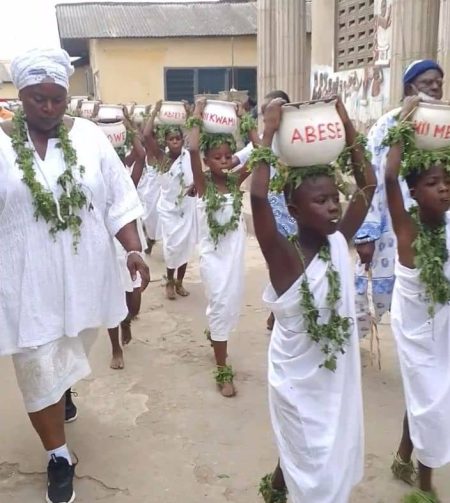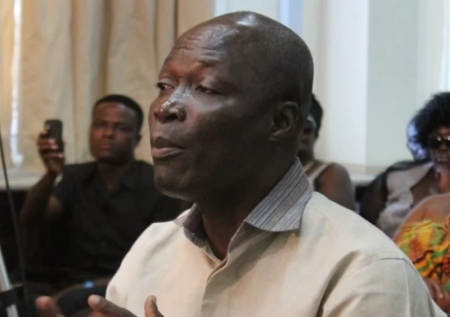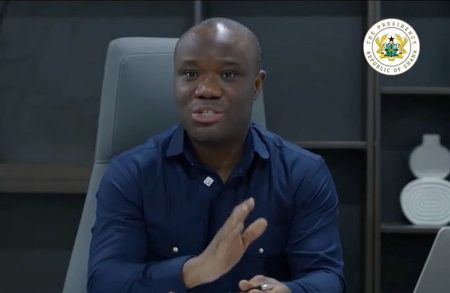Paragraph 1: Context of the Bank of Ghana Dismissals
The Bank of Ghana (BoG) recently announced the dismissal of approximately 100 staff members, citing poor performance during their probationary period as the primary reason. This decision followed a comprehensive staff assessment exercise, focusing on employees hired after December 7, 2024. The move has sparked controversy and drawn criticism, particularly from the Minority caucus in Parliament, who have condemned the dismissals as a breach of labor laws and an infringement on workers’ rights. This action by the BoG occurs within a broader economic context in Ghana, potentially reflecting efforts to streamline operations and enhance efficiency within the central bank.
Paragraph 2: Minority Caucus’s Condemnation and Allegations of Political Motivation
The Minority caucus in Parliament, primarily composed of the National Democratic Congress (NDC), has vehemently criticized the BoG’s decision, characterizing it as a politically motivated purge targeting individuals perceived as aligned with their party. They argue that the dismissals violate established labor laws and due process, leaving affected employees without adequate recourse. The Minority has also raised concerns about the transparency and objectivity of the performance evaluation process, suggesting that it may have been manipulated to target specific individuals. They call for a thorough investigation into the matter and demand reinstatement of the dismissed staff.
Paragraph 3: Solomon Owusu’s Rebuttal and Accusations Against the NDC
Solomon Owusu, a prominent member of the Movement for Change and a former member of the ruling New Patriotic Party (NPP), has strongly countered the Minority’s criticisms. He accuses the NDC of hypocrisy, pointing to a history of similar large-scale dismissals during their time in government. Owusu specifically cited the case of GN Bank, where over 3,000 employees lost their jobs, asserting that the NDC lacks the moral standing to criticize the current BoG actions. He argues that the current dismissals are based on performance evaluations and are necessary for improving the efficiency of the central bank.
Paragraph 4: Historical Context of Job Losses Under Previous Administrations
Owusu’s assertions underscore the recurring issue of job losses under different political administrations in Ghana. The case of GN Bank represents a significant example of mass job losses during the NDC’s tenure, which Owusu uses to counter their criticism of the BoG dismissals. This highlights the complex economic and political factors that influence employment stability within both the public and private sectors. A deeper examination of the circumstances surrounding these past job losses, including the reasons provided and the impact on affected individuals, is necessary to fully contextualize the current debate.
Paragraph 5: Examining the Legality and Fairness of the Dismissals
Beyond the political back-and-forth, the core issue revolves around the legality and fairness of the BoG’s dismissal process. Whether the affected employees were afforded due process, including proper performance evaluations and opportunities to address concerns, is crucial. The BoG’s justification of poor performance needs to be scrutinized, particularly in light of the Minority’s allegations of political targeting. An independent investigation into the process could shed light on the validity of the dismissals and ensure compliance with labor laws.
Paragraph 6: Broader Implications for Labor Relations and Economic Stability
This controversy raises broader questions about labor relations and economic stability in Ghana. The security of employment, particularly within institutions like the central bank, is vital for maintaining public trust and ensuring a stable workforce. Politicizing employment decisions can erode public confidence and create instability within institutions. Furthermore, mass dismissals can have a significant negative impact on the affected individuals and their families, potentially contributing to broader economic challenges. A constructive dialogue between stakeholders, including government, labor unions, and employers, is essential to address these concerns and develop policies that promote fair labor practices and economic stability.





